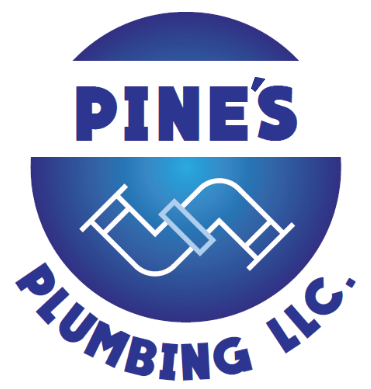Whole House Plumbing System
Whole House Plumbing System
By Pine's Plumbing, LLC
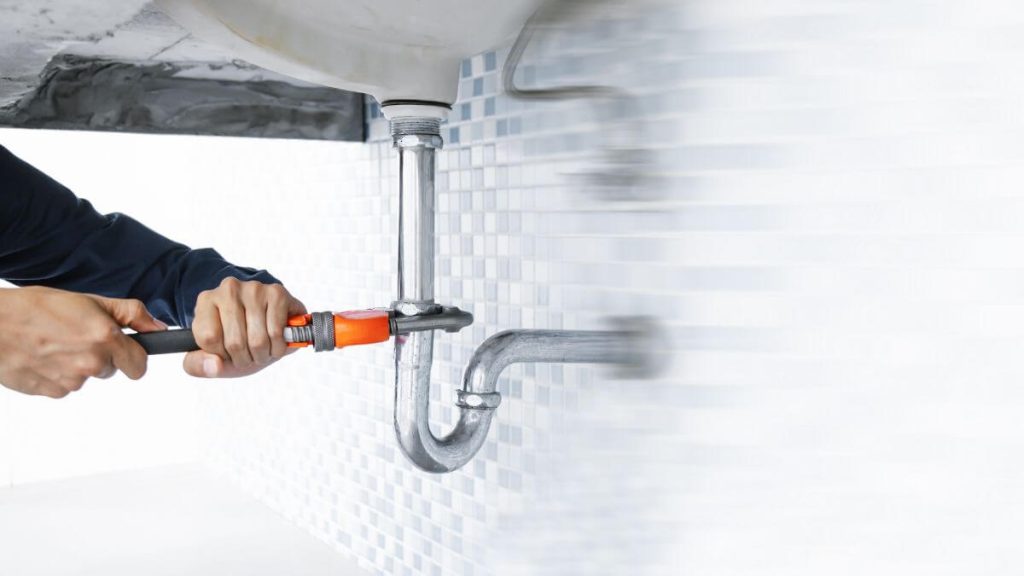
Nowadays, installing a water filter in your house has become critical. It is essential to your health to use clean water for cooking, drinking, and taking showers. Even though most people drink chlorine-treated water these days, it still contains a lot of dangerous chemicals, germs, and other impurities. Similar to oxygen, water is essential to life. The location of your home’s water supply impacts the installation of your water filtration system. Similarly, even after going through a water treatment plant, the water from your tap cannot be cleaned. Water rapidly absorbs contaminants once it has left the water treatment plant.
The same is the case if the water is kept in a private well. Hard well water frequently results in discoloration issues in plumbing installations. Installing a home water filtration system is an excellent way to guarantee that you will have a sufficient supply of pure, clean water in your house. With a whole home water filter, you can shield your household’s water supply from pollutants, heavy metals, and germs.
Not only would a whole house water filter clean the taste and smell of the water coming from your taps, but it would also filter the water flowing from all your plumbing fixtures. Consider the inconvenience of routinely having your water usage and consumption analyzed. Using filtered water from a high-tech home water filtration system is the easiest and safest approach.
Would a water filtering system be helpful? Bacteria or too many minerals may contaminate your water supply if it tastes, looks, feels, or smells differently. The best action in this situation is to get a water filtration system to aid in the water purification in your home. At Pine’s Plumbing, LLC, we service properties in Beaufort, SC, and nearby areas using point-of-use water filtration systems and entire home water filtration systems. Contact us today to schedule the installation of our water filtration system.
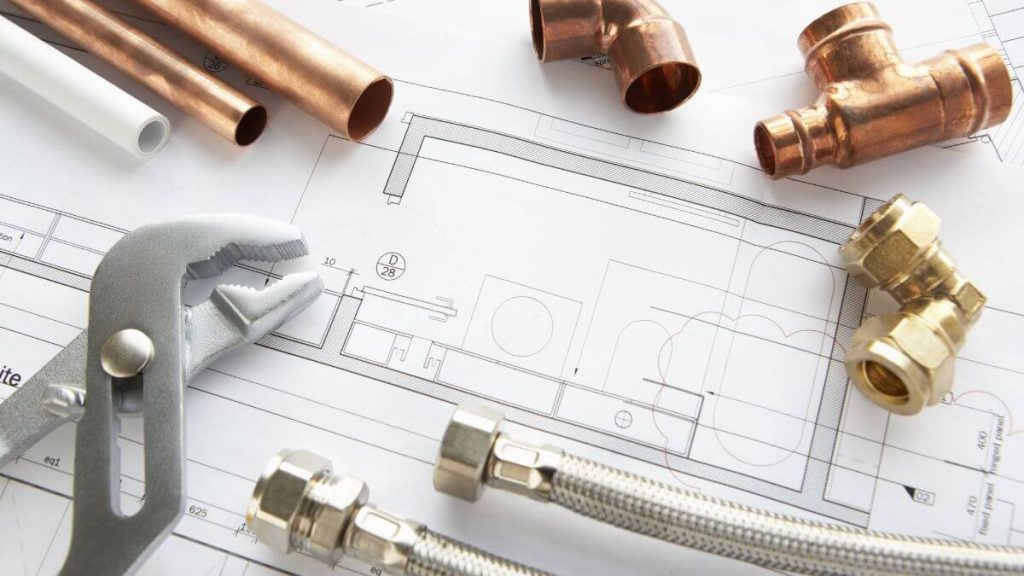
Looking for Whole House Plumbing System?
Call Pine's Plumbing, LLC
Types of Water Filtration Systems
There are several types of home water filtration systems available on the market, but the top three are:
1. Activated Carbon
This one is the most widely used and least costly among the many different kinds of water filters. Typically, the system is mounted beneath the sink. Swap out the filter cartridges as needed. Systems using activated carbon filtration are well-known for effectively removing heavy metals, pollutants, and parasites from water.
2. Cation Exchange Water Filter Systems
It is also known as a water softener or an ion exchange filter. Positively charged ions are employed in this filter system to draw dangerous negatively charged ions like calcium and barium. Due to its ability to impact internal organs, extended exposure to barium might lead to specific health problems. Both calcium and magnesium may corrode pipes and alter the flavor of water.
3. Reverse Osmosis
Reverse osmosis is said to be the best solution for filtering water at home. By applying air pressure, reverse osmosis pushes water through a semipermeable membrane. This method successfully filters out almost all pollutants. The water filtering process consists of five, six, or seven steps. Brands that use six or seven steps of water processing can create alkaline water. The daily output ranges from 50 to 90 gallons.
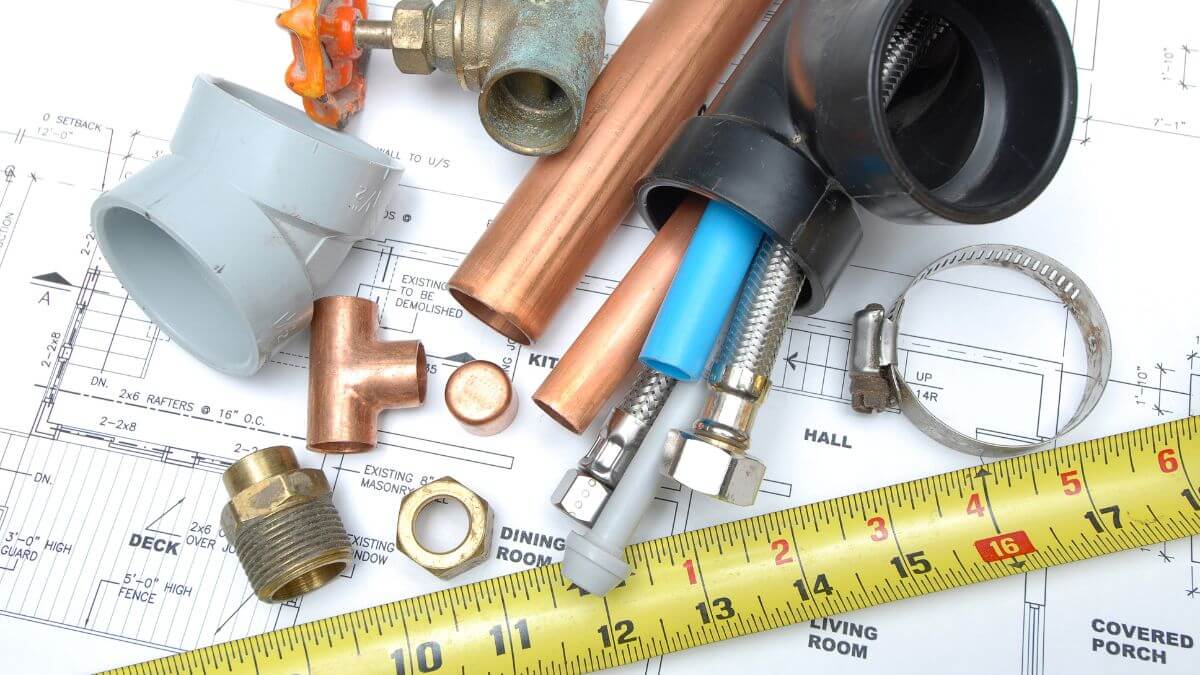
Signs Your Home Needs a Water Filtration System
Here are a few simple methods to verify if your Beaufort, SC, water supply is contaminated. To begin with, polluted water will taste unpleasant and have an odor. In addition to feeling dry on your skin and hair, the water will appear hazy. Last, a tainted water source may make your family sick for no apparent reason. Should you see any of these symptoms, it could be necessary for you to spend money on a water filtration system to assist in cleaning your water. To find out more about the signs that your water filtration system needs to be replaced, continue reading.
1. The Water is Emitting an Odor.
Ideally, there should be no odor from your bathroom and sink faucets. But if you smell sulfur or rotten eggs every time you turn on the water, this may be a sign that your water is contaminated and you need a filtering system. These odors may indicate the presence of excess minerals, chemicals, or sulfur bacteria, which release sulfurous gases during chemical processes.
2. The Water Leaves a Bad Taste in Your Mouth.
A distinct or powerful flavor differs from what clean water should taste like. However, this might be a sign that your water is tainted if you taste anything off when you drink tap water or wash your teeth. The unusual taste might indicate the presence of undesirable minerals and chemicals like chlorine or sulfur bacteria, which can rot in pipes, plumbing systems, and groundwater.
3. The Water Doesn’t Look Clear.
The water from your faucet should be pure and transparent, devoid of color or cloudiness. But your water is probably polluted if you see an odd color or floating particles. Water with an orange or red tint may contain iron bacteria, which can cause stains. Other microorganisms, minerals, and substances can also cause water to be murky or tinted. Seek out the annual report on water quality from your city. It will notify you if the water supply has significant amounts of pollutants.
4. Your Skin and Hair Feel Constantly Dry.
Your body’s reaction to the water on your property could alter if it contains too much chlorine or other minerals. After drinking contaminated water, many people may find it uncomfortable if they have rough, dry skin and hair. It may particularly affect those with rosacea, eczema, acne, and other skin conditions.
5. People at Your Property Are Often Sick or Suffering From Stomach Issues.
After prolonged exposure, some toxins can cause illness in you and your family and have negative repercussions. Regretfully, a few of these pollutants disappear entirely as well. They don’t make your water cloudy, taste funny, or smell bad. They are only present in your water and can injure those who live there. If you observe family members experiencing stomachaches or falling ill without apparent cause, it may be a sign that your water needs to be filtered.
6. Strange Sounds
It may be time to install a replacement filter if your water filtration system begins to sound like an outdated water pump. Certain sounds are typical, particularly if you’ve just opened the faucet, but if the sound continues, it may indicate an issue with the system.
7. Reduction of Water Pressure
Your water filter may need to be replaced if the pressure in your water has been continuously declining. It is crucial to have a plumber inspect your system since a decrease in water pressure can be caused by several things, such as leaks.
A plumber can provide further advice, even though you can only change the filter and hope that solves the problem. For instance, a plumber can repair the filter system for you right away if it turns out to be the cause of the low water pressure. They can also find it if it turns out to be a more severe problem, such as a leak.
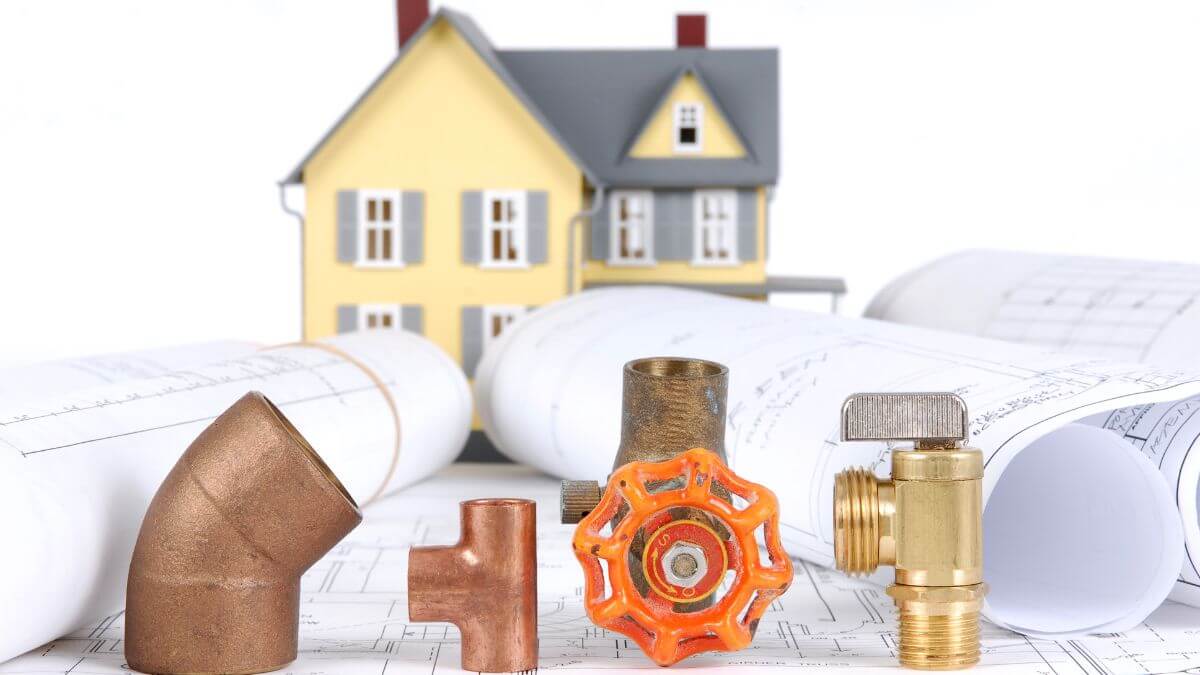
The Benefits of Whole House Water Filtration System
Here are the benefits of a whole-house water filtration system.
1. Have Safe Drinking Water Anytime
Compared to bottled water and tap water originating from your municipality’s water treatment facilities, filtering your water guarantees that the water you drink is safe to ingest. Lead and other toxins can still be present in unfiltered water, even if it has been treated at a facility. Chemicals like fluoride and chlorine are added to water by water treatment plants as part of their treatment process. These compounds, other contaminants, and most of the 2,100 identified toxins in drinking water are eliminated when you have an effective home water filtering system. If you enjoy traveling on day trips, picnics, or sporting events, fill safe water bottles with filtered water.
2. Protect the Environment
In the United States, 50 billion plastic water bottles were purchased last year. These plastic bottles will take 450 years on average to decompose. But just 38% were recycled; the rest were disposed of in landfills. Installing a home water filtering system won’t add to the amount of trash in landfills.
3. Reduce the Intensity of Skin Conditions
Environmental elements like fluoride, chlorine, and heavy metals in water can worsen skin disorders. It includes eczema and psoriasis, particularly in young people.
4. Cost Savings
If you already use bottled water, installing a water filter at home will save significant costs. You can save at least $700 a year if you and your four family members drink three 16.9-ounce bottles of water each day. It supposes you spend about $5.00 on an average-priced 24-pack of water bottles. Installing a reverse osmosis system for household water purification costs only $300 to $500. A new filter is needed every year, usually costing between $50 and $80.
5. Lower the Cost of Plumbing Repairs
Using filtered water can lower your repair costs and the need for plumbing repairs. Unfiltered water, including chemicals, minerals, and heavy metals, can harm your plumbing system. Other household equipment that require water could be impacted, in addition to the pipes. It covers your garbage disposal, dishwasher, washing machine, water dispenser, and refrigerator ice maker.
6. Enhance Disaster Preparedness
Water pollution may result from a nearby sewer main rupture. However, installing a state-of-the-art whole-house water filtration system will make you safe.
7. Conserve Soap
Water softeners and sophisticated household water filtration systems function similarly. It will assist you in cleaning your clothing, dishes, and body with minimal soap. Hard water reduces the cleansing power of soap by preventing the ionic action of minerals in the water.
8. Improve the Taste of Drinking Water
Water filters eliminate substances like lead, chlorine, and bacteria that give drinking water a disagreeable taste and odor. If you install a home water filtering system, your drinking water will taste better and smell better overall. Additionally, it reduces the pH of the water you consume.
9. Reduce the Risk of Gastrointestinal Diseases
Several microorganisms reside in poorly treated water sources, and several parasites are in the water. Filtration is the process of removing parasites that might lead to digestive and intestinal issues.
10. Remove Soap Scum and Deposits on Clothes
Clothes will eventually acquire deposits from the toxins in dirty tap water, changing their scent. It may also result in allergies and rashes. Similarly, soap scum accumulates in your clothes, on your dishes, and in your bathroom due to dirty water.
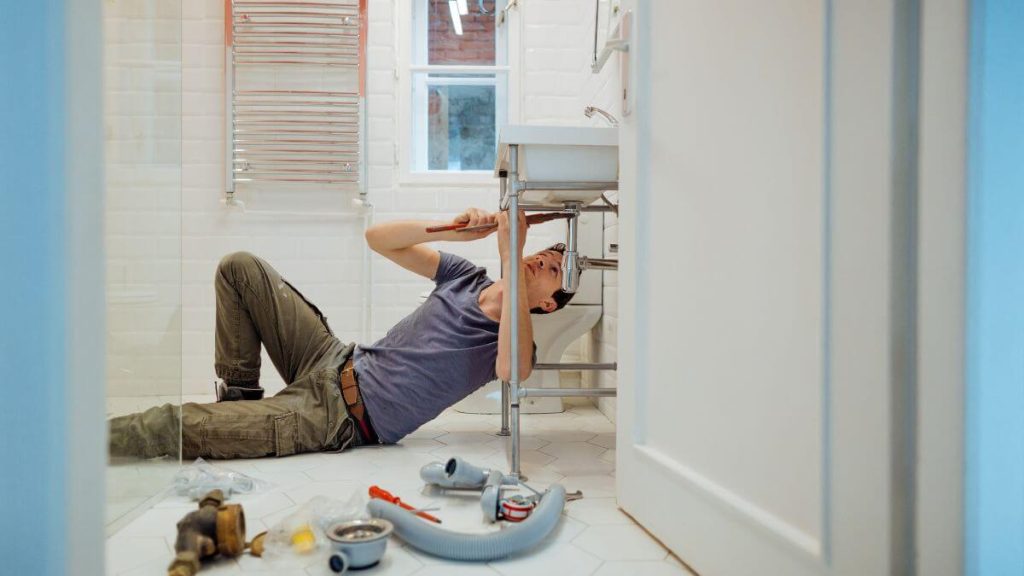
Frequently Asked Questions
What is a Whole House Water Filtration System?
A whole house water filtration system is linked to the primary water supply in your house. The central filter will filter all water used in your home, including that used for drinking, cooking, washing, and bathing. As a result, installing separate filters on each faucet will be unnecessary. You also won’t have to deal with bulky, inefficient plastic water bottles or finicky filtration pitchers.
Are there Different Whole House Water Filtration System Types?
Yes, there are different types of whole house filtration systems. The reverse osmosis and activated carbon varieties are the two most widely used. While the latter is most effective against chemicals and microbiological pollutants, the former is ideal for eliminating disinfectants and other harsh chemicals. Depending on how many bathrooms you have in your house, you may choose from various sizes; the smaller ones will fit under your kitchen sink.
What Does a Whole House Water Filter Get Rid of?
A whole-house water filter gets rid of many harmful substances that might harm your health from your home’s drinking water supply by a proper whole-house water filtration system. These pollutants include heavy metals (lead, copper, and mercury), radon, arsenic, pesticides, bacteria, parasites, chlorine, rust, and volatile organic compounds (VOCs). You will also experience an improvement in the taste and odor of the water as a side effect.
How Long Does Installation of a Whole House Water Filter Take?
A whole house water filtration system installation by a plumber will cause you and your family the least hassle. Usually, the task is finished in one hour.
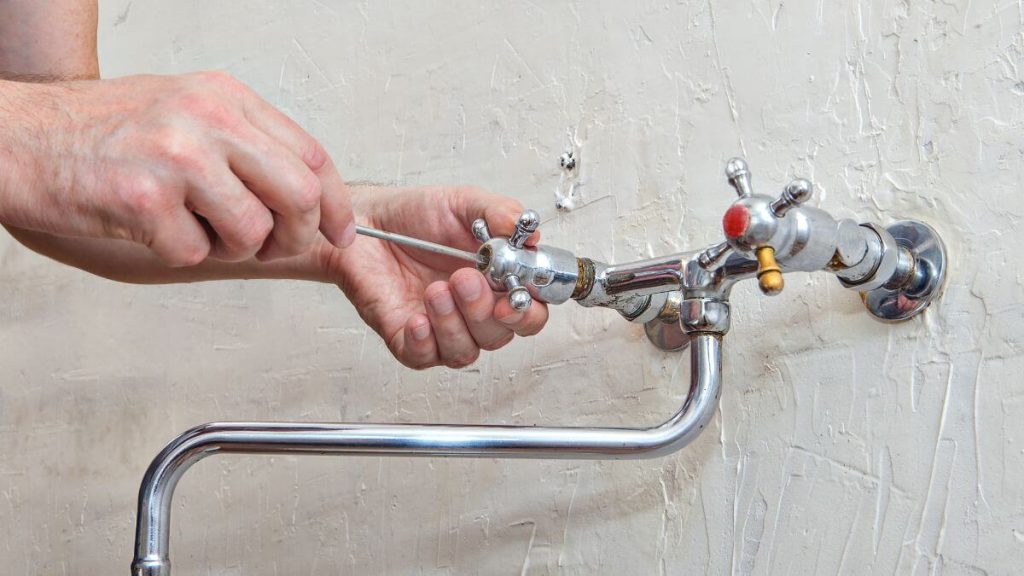
Find the Right Whole House Filtration System for You
Looking for Whole House Plumbing System?
Call Pine's Plumbing, LLC
Pine’s Plumbing, LLC
5008 Dogwood Street, Beaufort, SC 29906
843-812-9150
Looking for a Plumbing Service in Bluffton, SC?
Contact Pine’s Plumbing Today!
